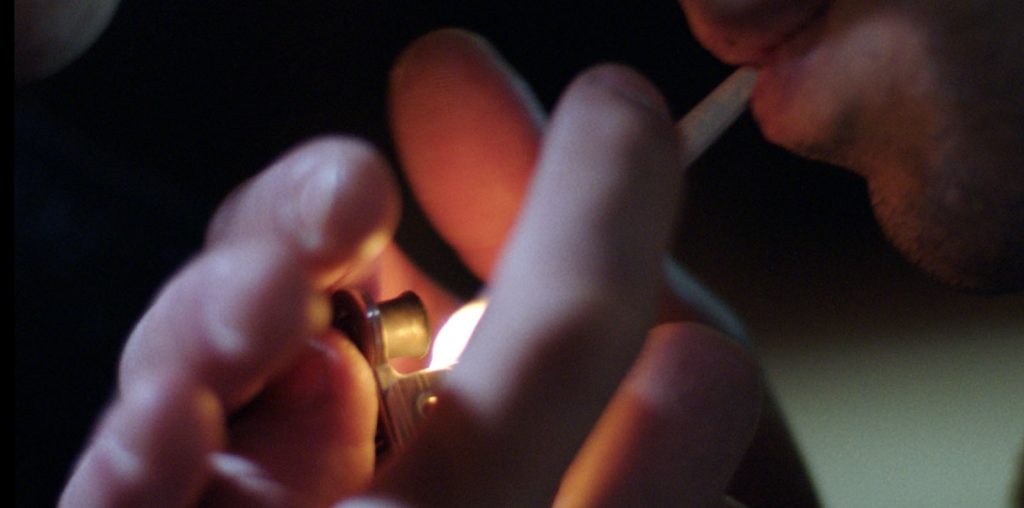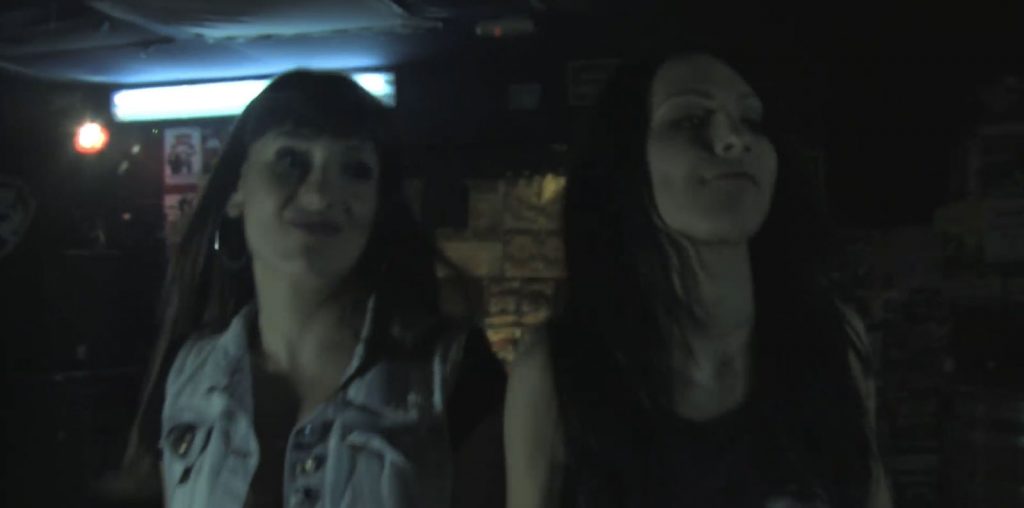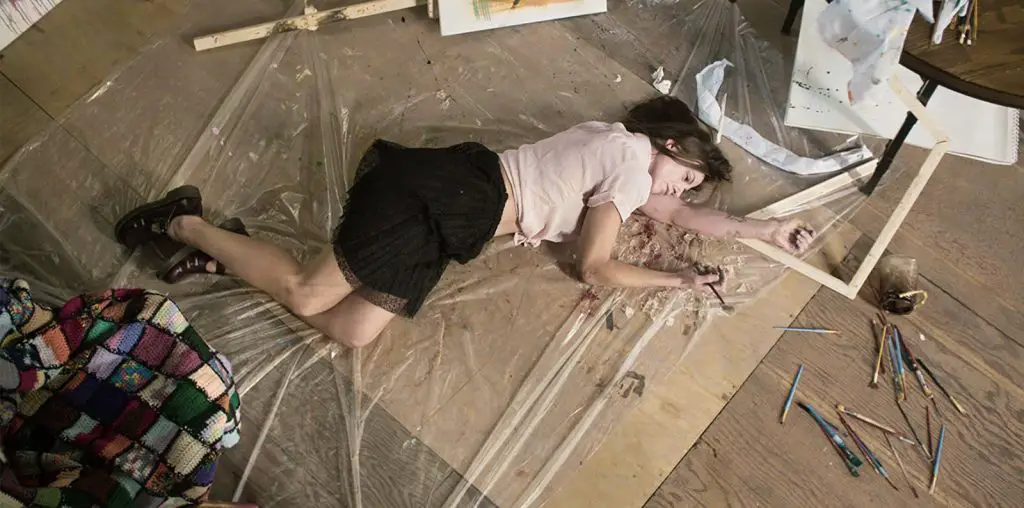
With adequate acting, the story is able to flow smoothly enough that audiences do not have to struggle to deal with this aspect of the film while trying to decipher the underlying themes and tones of this twisted Christmas film. Viewers find Phil (Draeven McGowan), who is essentially the film’s antagonist, to be the most understandable character in Back of the Night. While he is demented, in more ways than one, the fact that he is so straightforward with his intentions, and his motives are so clear, makes him the most identifiable character in the film.
What eventually unfolds between him and the other characters comes as less of a surprise than the rest of the film. There are certainly parts of Back of the Night that are difficult to understand fully, but the character’s elementary approach to most everything he does in the film helps to communicate clearly (in some ways) Korotkevych’s intentions.
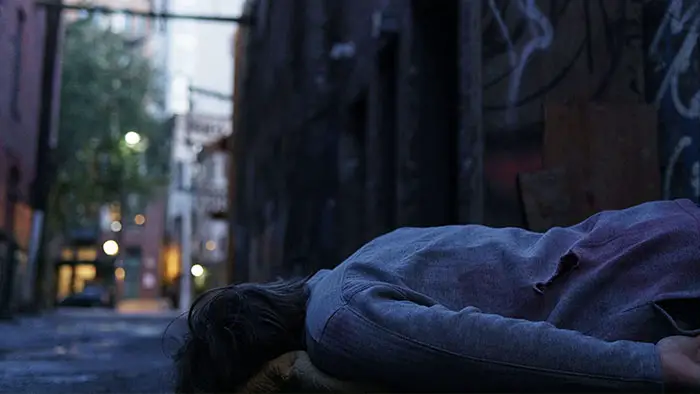
“…digs deep at the viewers’ emotions…”
From the opening moments of Back of the Night, audiences are sure that something terrible is afoot. Korotkevych is deliberate with his attempts to make audiences feel uneasy and unsure about nearly everything in the short drama. He digs deep at the viewers’ emotions and does enough to ensure that even if they are not entirely sure of what’s going on, they will feel uncomfortable and on edge when he wants them to.
I can honestly say that I was terribly confused while watching Back of the Night, but, while this can be detrimental to the reception of a film, I believe that this is, in many ways, the intention of the cast and crew. They force viewers to think for themselves and come up with their own understandings of the world in the film and the world around them.
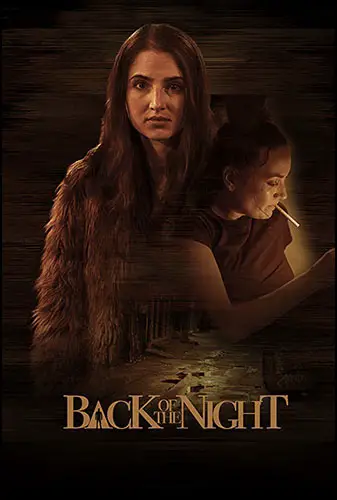
"…subjected to a bleak nothingness that transcends the story..."
